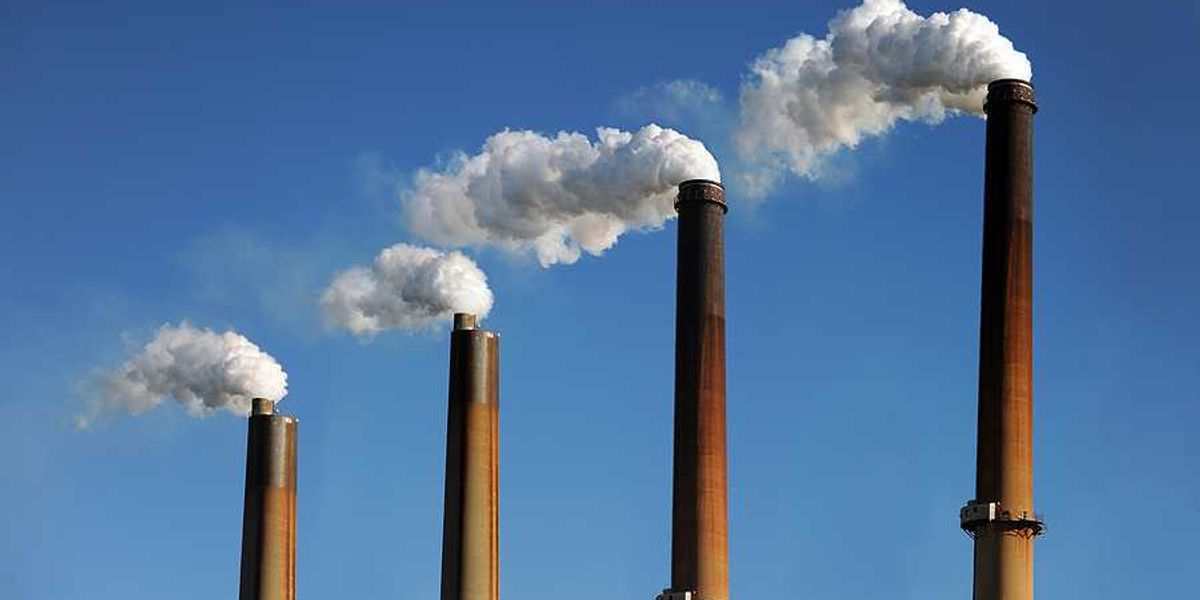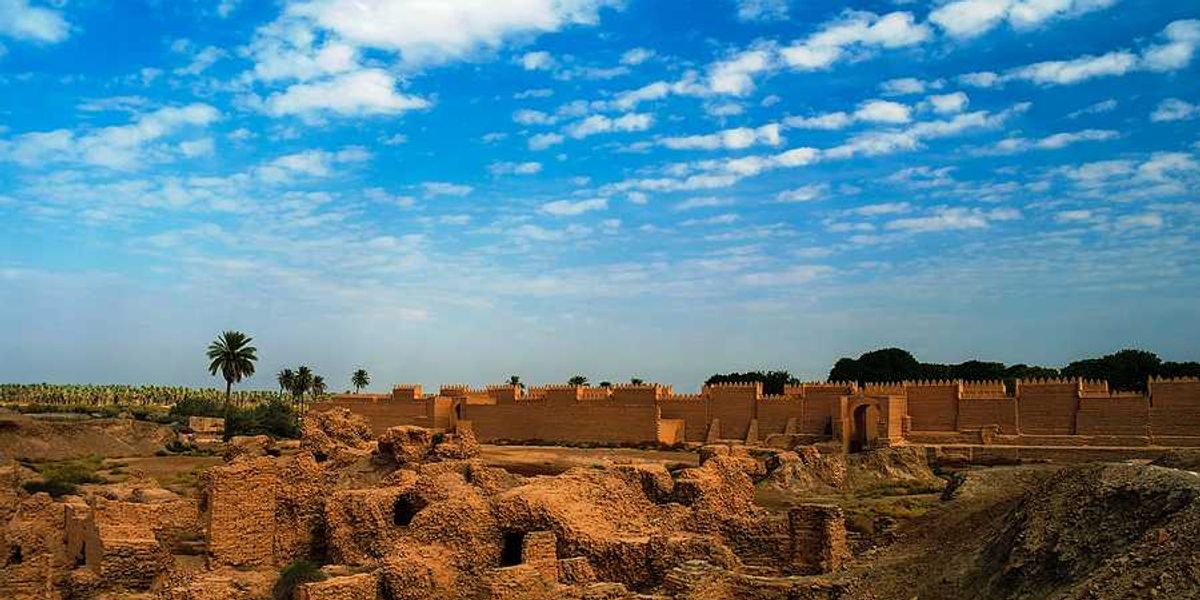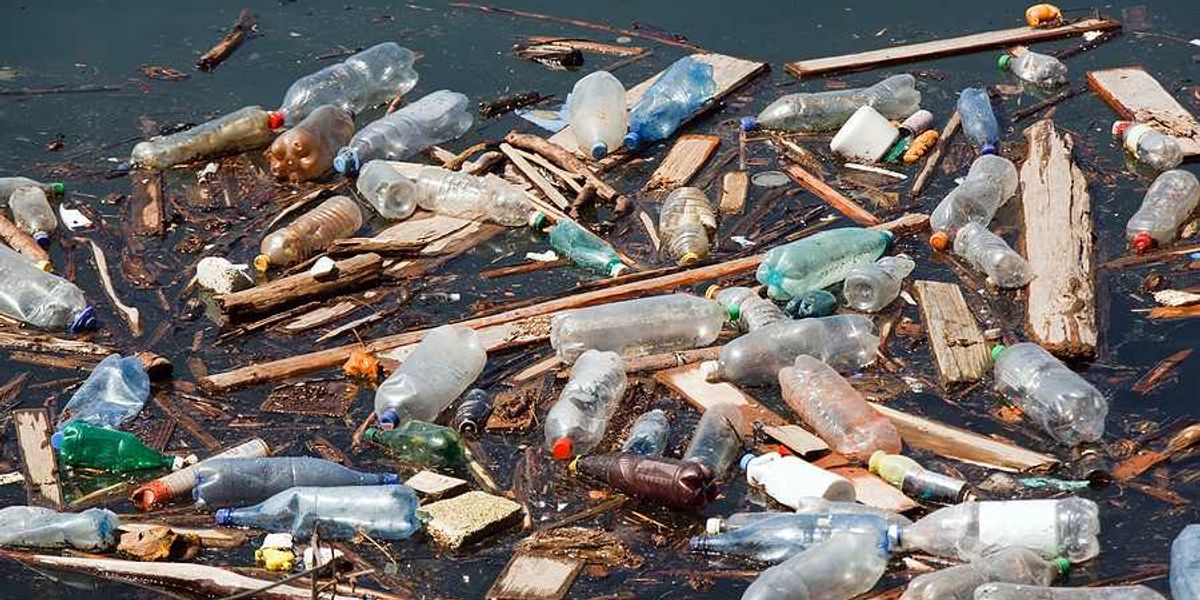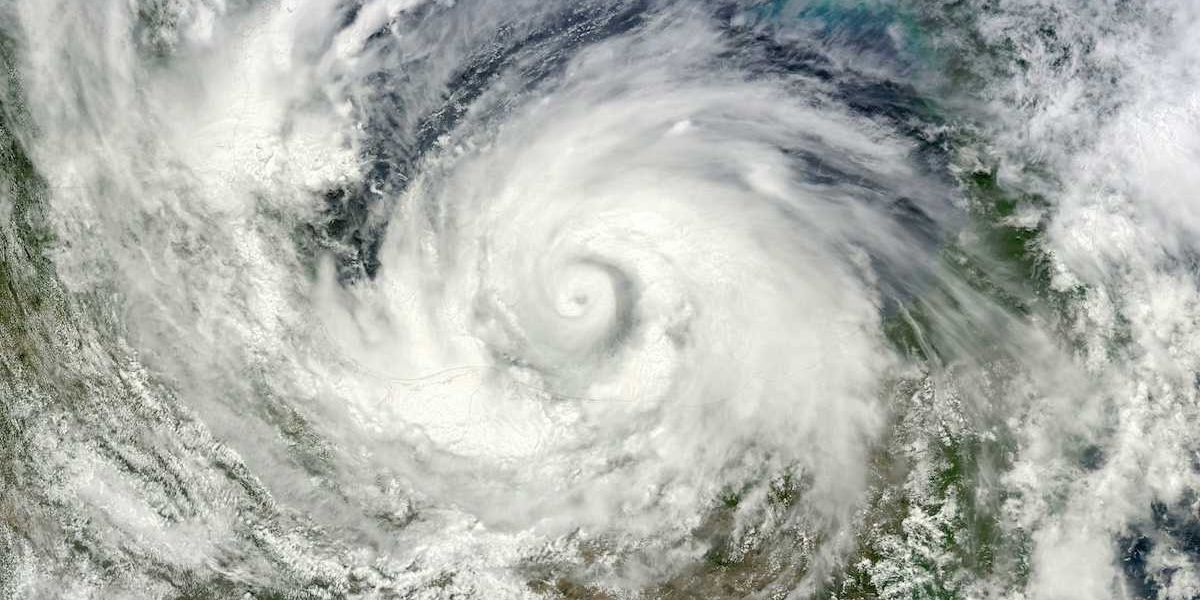The planet is losing free-flowing rivers. This is a problem.
Study finds a little more than one-third of the longest rivers on the planet remain unobstructed by human-made changes
Only 37 percent of the world's longest rivers remain unimpeded and free-flowing from their source to where they empty, according to a study published today in Nature.
Free-flowing rivers are ecologically crucial — replenishing groundwater, bolstering biodiversity, and reducing the impacts of droughts and floods.
The study is the first to pinpoint the remaining free-flowing rivers on the planet and suggests economic development via dams, reservoirs, roads and hydropower is leading to decreased connectivity via rivers, which can harm freshwater species and reduce rivers' ability to mitigate floods and drought impacts.
"Rivers are the lifeblood of our planet," said Michele Thieme, lead freshwater scientist at World Wildlife Fund and coauthor of the study, in a statement. "They provide diverse benefits that are often overlooked and undervalued."
Thieme and colleagues looked at the 242 longest rivers across the globe (all longer than about 620 miles). They found 37 percent of the rivers remain free-flowing for their entire length, and only 21 of the world's 91 rivers longer than 620 miles that originally emptied into oceans remain free-flowing.
The authors write than free-flowing rivers remain "prevalent only in remote areas of the world that are difficult to exploit economically (for example, the Arctic), in rivers too large to be developed by current technology, or in less developed regions (for example, the Congo region)."
"Both very long and long free-flowing rivers are largely absent from the mainland United States, Mexico, Europe and the Middle East, as well as parts of India, southern Africa, southern South America, China and much of Southeast Asia and southern Australia," the authors wrote.
Dams and reservoirs are the leading cause for connectivity loss, the authors write, estimating there are approximately 60,000 large dams worldwide, and more than 3,700 hydropower dams are planned or being built. "While hydropower inevitably has a role to play in the renewable energy landscape, well-planned wind and solar energy can be more viable options for rivers and the communities, cities, and biodiversity that rely on them," Thieme said.
Free-flowing rivers are important: they recharge groundwater, remain vital for the survival and health of fish populations, bolster biodiversity by destroying or changing habitats and preventing migration, and transfer sediment to deltas or flood plains, which helps reduce flood and drought risks.
"The world's rivers form an intricate network with vital links to land, groundwater, and the atmosphere,'' said lead author Günther Grill of McGill's Department of Geography, in a statement.
''Free-flowing rivers are important for humans and the environment alike, yet economic development around the world is making them increasingly rare."
See the full study at Nature.













